Community Based Rehabilitation
When our team first met Gulnar, a six-year-old girl diagnosed with cerebral palsy (CP) and a suspected case of CHARGE syndrome, she was unable to walk or communicate. Her mother, devoted and eager to help, joined our rehabilitation programme for children with disabilities (CWD) to learn how to support her daughter’s development at home.
For ten weeks, we worked closely with Gulnar and her mother through intensive therapy sessions. During each visit, we provided a homework programme filled with physical exercises and playful communication games designed to help Gulnar grow stronger and more engaged.
After completing the initial programme, Gulnar and her mother continued to attend monthly follow-up sessions, maintaining steady progress. Eight months later, the results are remarkable: Gulnar is now walking with support — holding onto chairs, tables, or her mother’s hand. She uses a communication board to express herself, and her eating and swallowing have greatly improved thanks to consistent speech therapy and the use of special equipment provided through our programme.
But Gulnar’s story doesn’t end there.
Recently, her mother reached out to our team with an urgent message. She was pregnant again and had been told by doctors that there might be complications with the baby. The doctors advised her to have an abortion, and her husband supported that recommendation.
When we met with her to listen and offer support, she shared these moving words:
“Seeing Gulnar growing up, it doesn’t matter to me if there is something wrong with the baby. I love Gulnar, and I will love this baby too. I have peace about the situation, and I don’t want to go through with the abortion.”
Her strength and peace deeply touched our team. Together, we encouraged her to seek a second opinion at one of our partnering medical centres and to have an open conversation with her husband about her decision.
Gulnar’s story shows how our rehabilitation work goes beyond physical progress — it builds trusting relationships with families, enabling them to share their challenges and find hope, courage, and resilience in the face of uncertainty.
Name changed for privacy
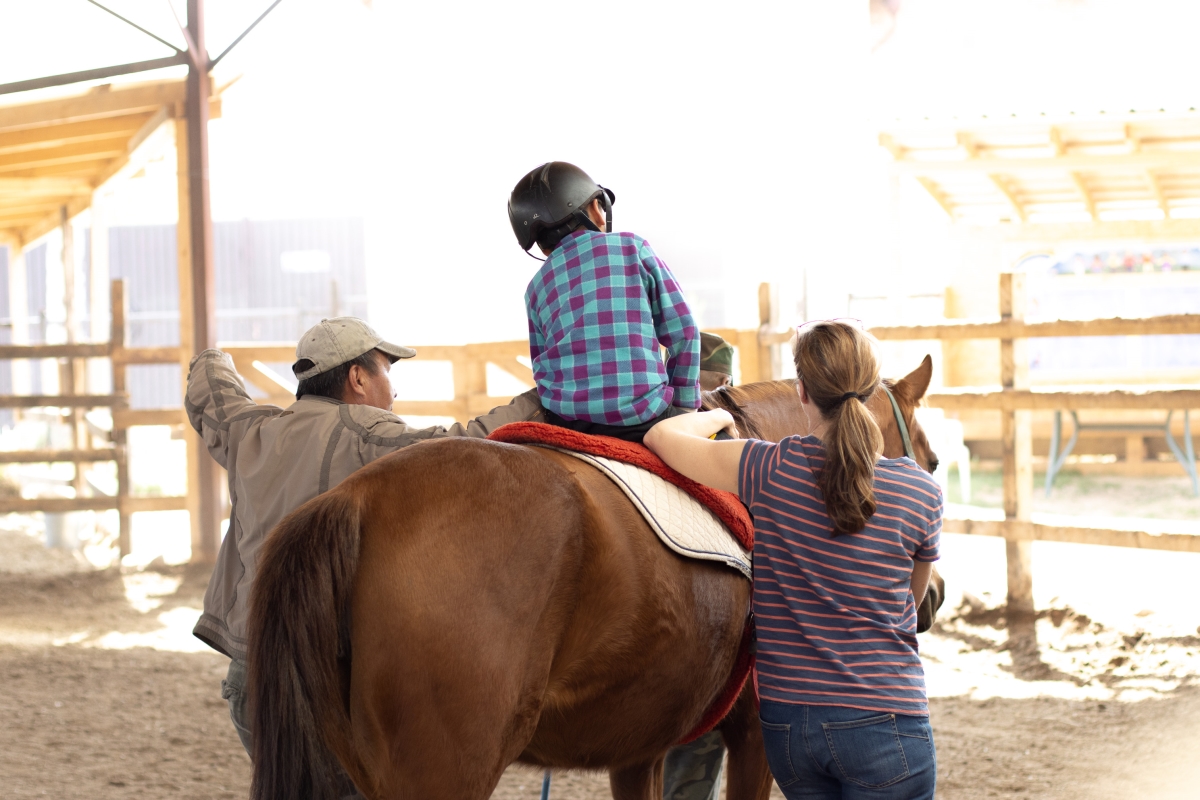
The View Changes
After a couple of sessions on the back of a gentle horse, Jamal now rides with a smile on his face.
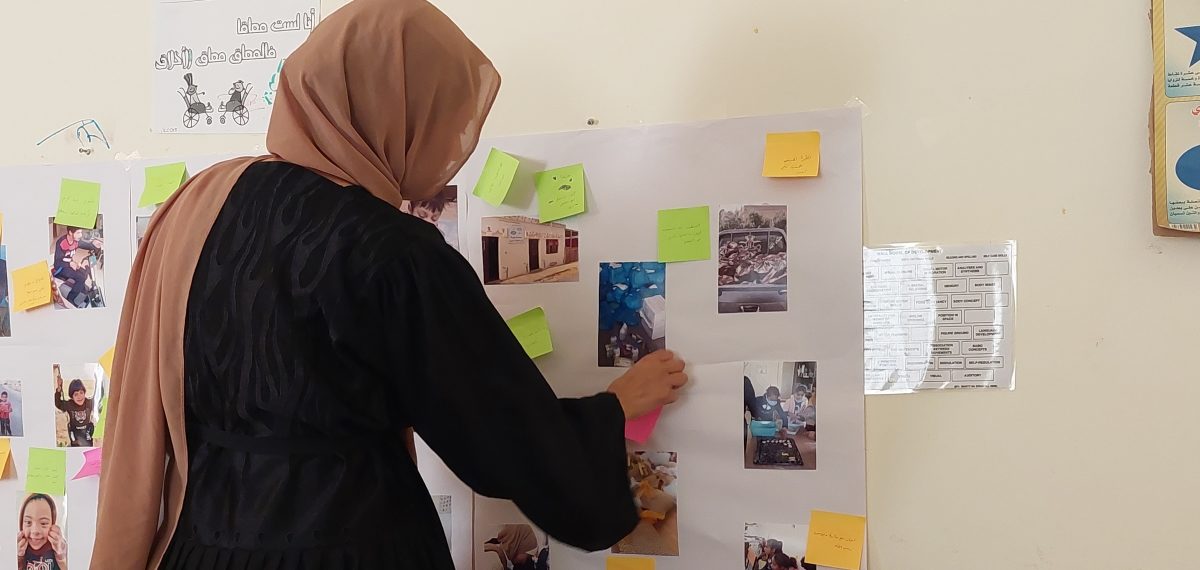
Sing Hello
“Fahid, it is your turn to sing!” Our volunteers encourage and then, with a little bit of prompting, Fahid begins to sing for us.
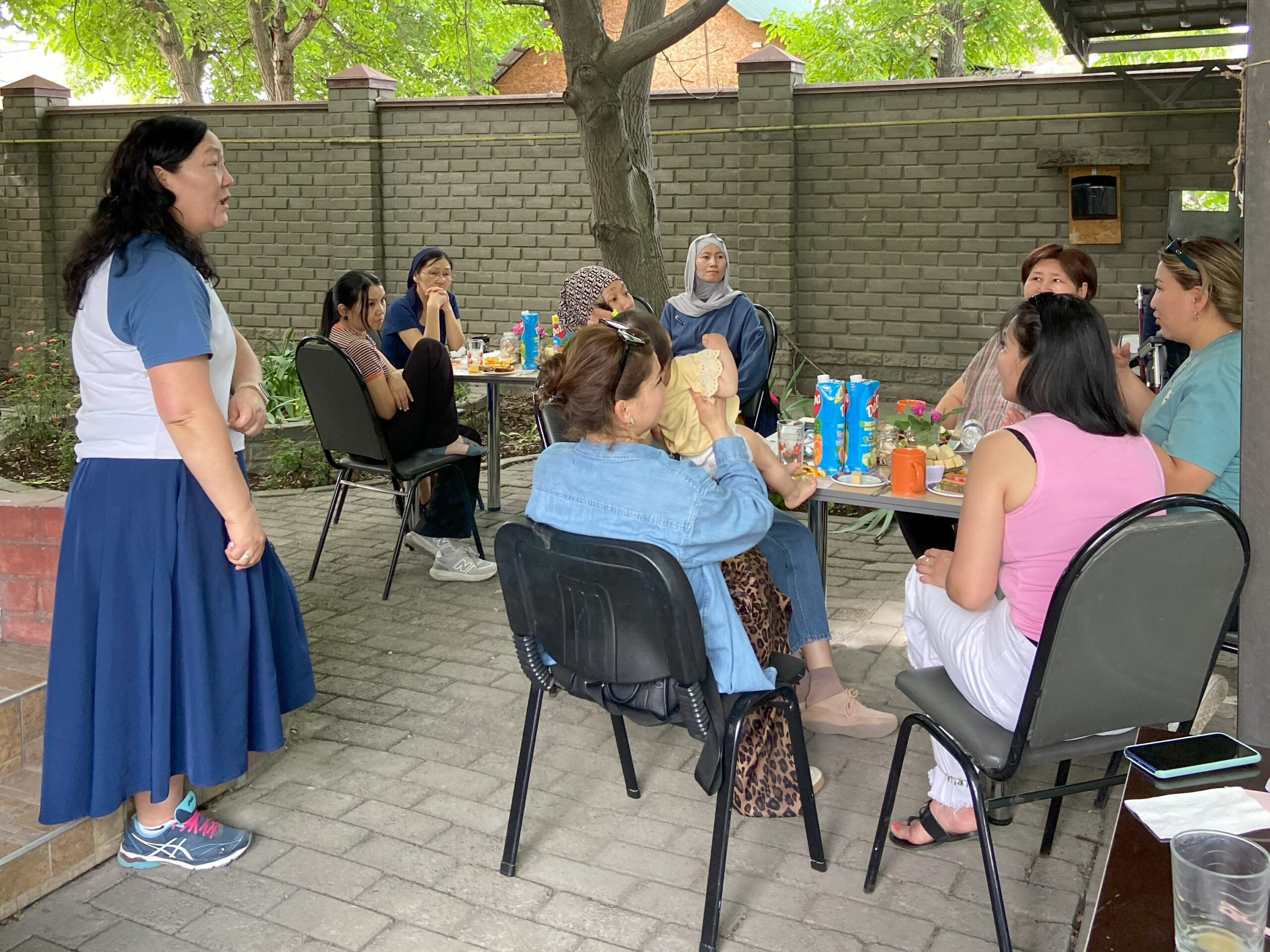
Mothers’ Meeting
Many mothers of children with disabilities live in deep isolation.
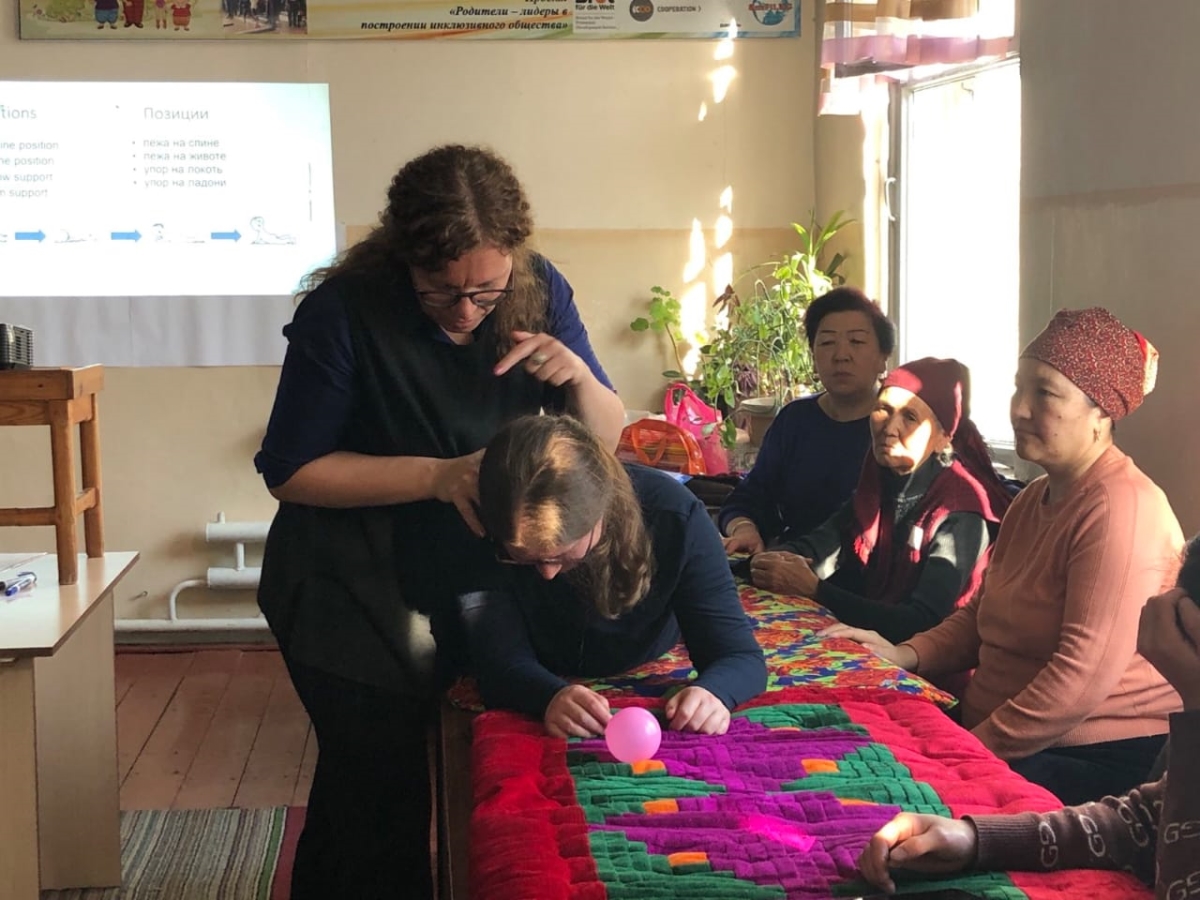
Showing a New Way
The staff helped Aygul and her colleagues better understand the effects of CP on the children and ways to increase the children’s mobility.
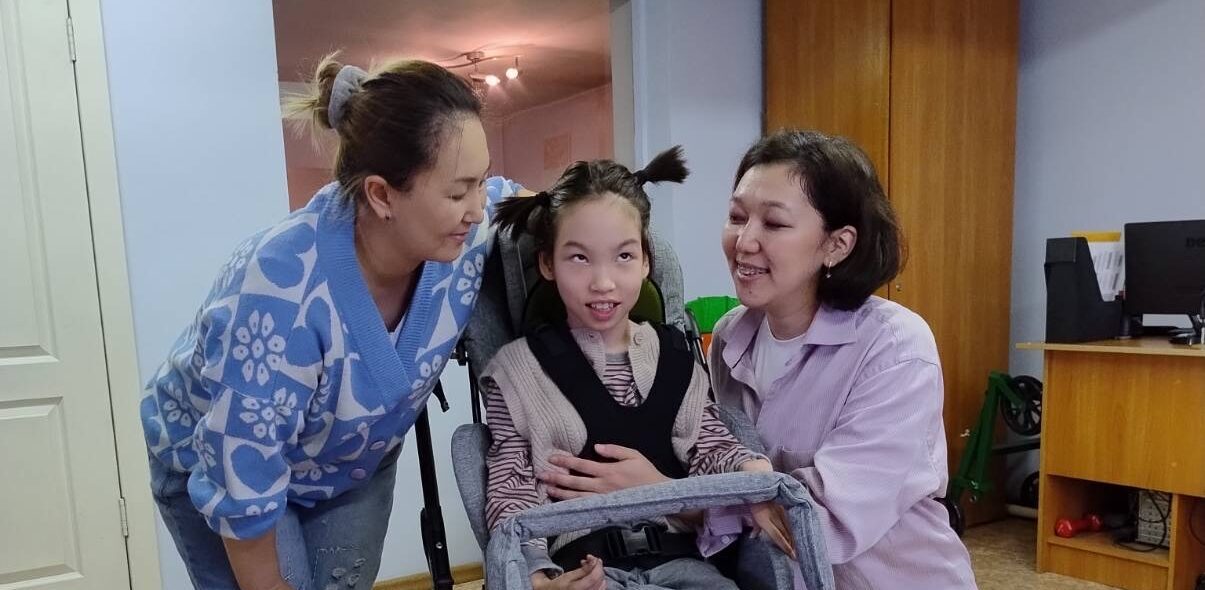
Empowering Mothers
“It is so important that you know your rights!”
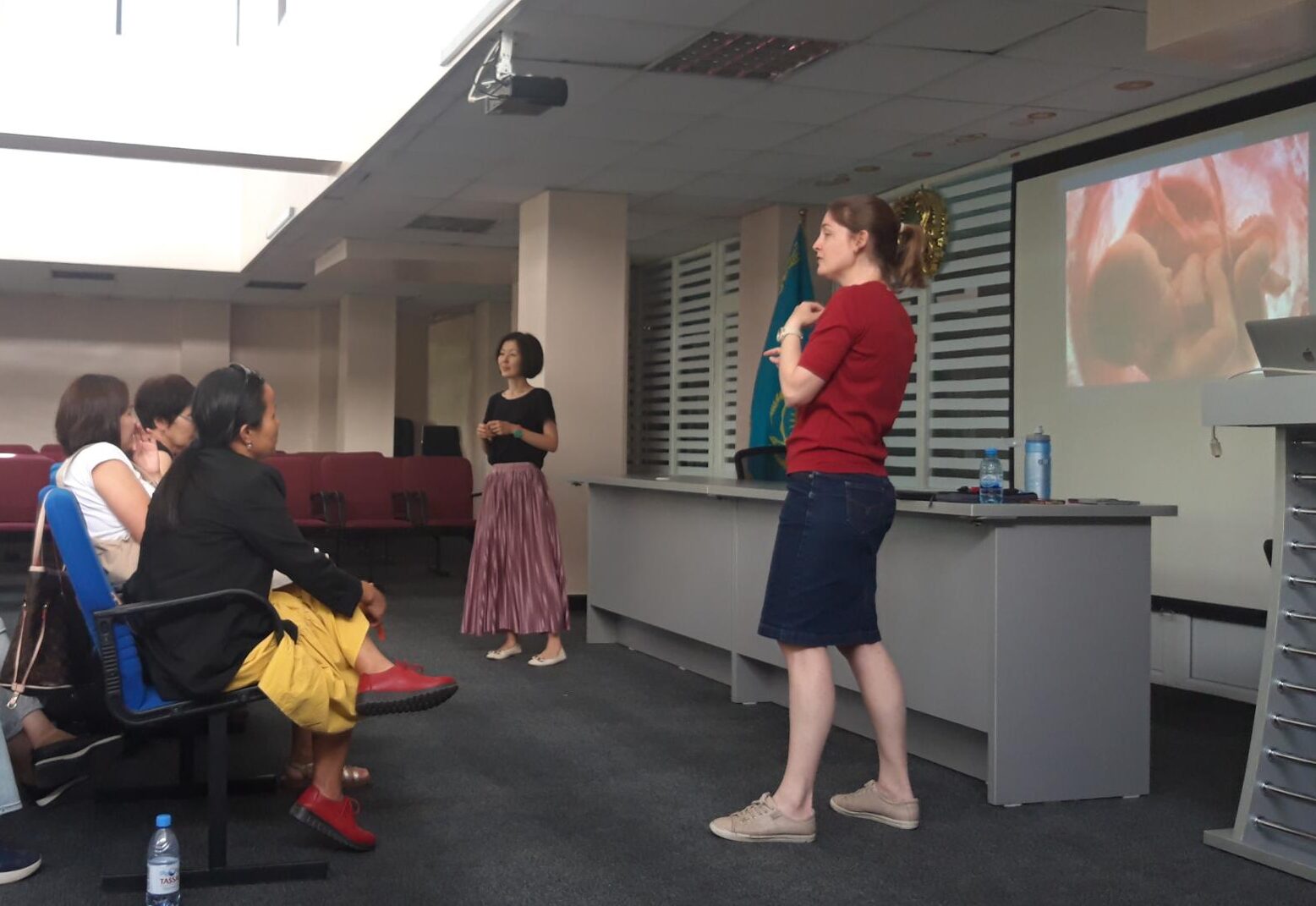
Training for Local Health Care Professionals
Kangaroo care and skin to skin contact between mother and newborn baby – these are vital practices unheard of in the local Kazakh neonatology hospitals.
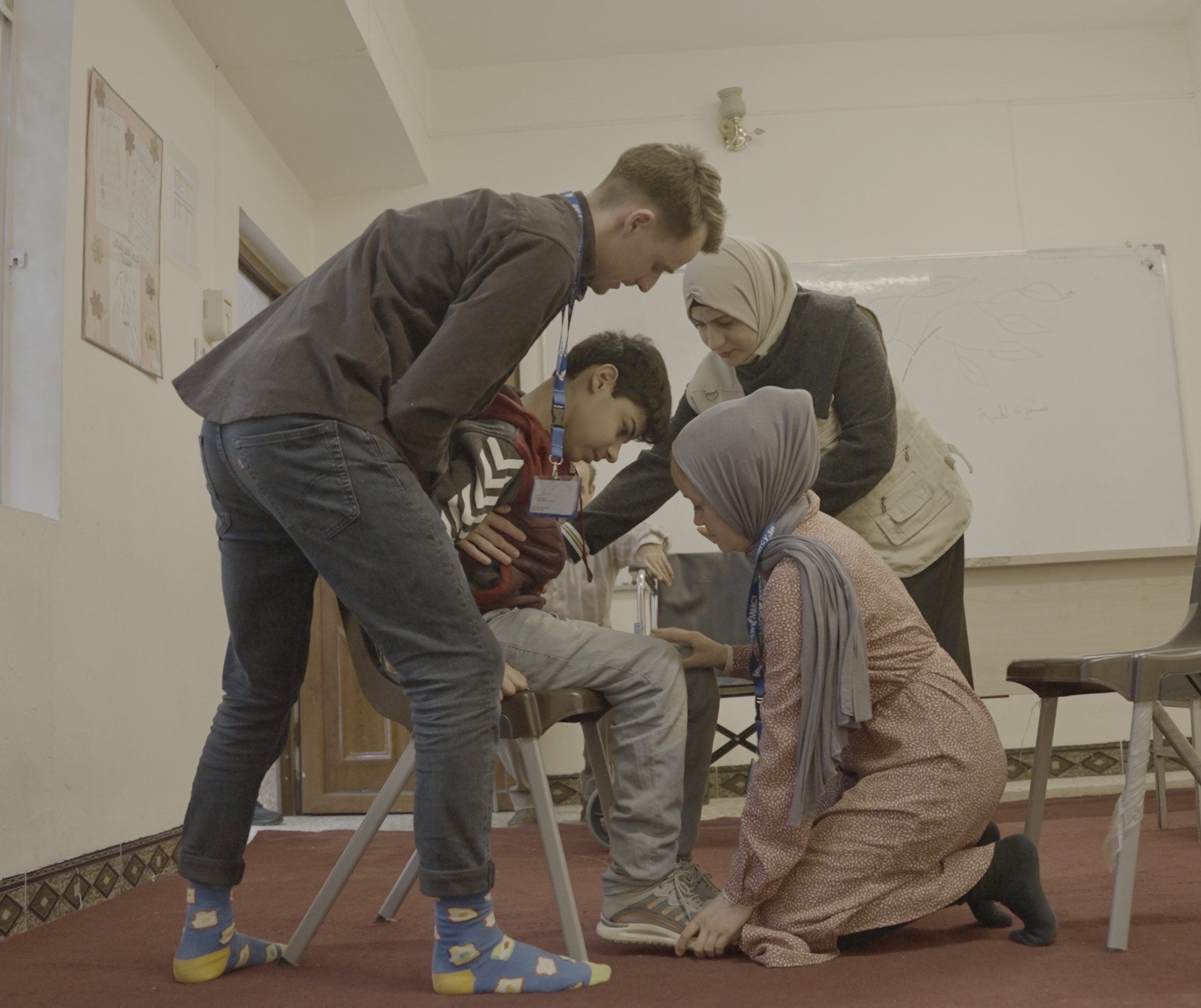
Truth Boost
In spring 2023 we partnered with another NGO. Their local staff were running a centre in the old city for children with learning disabilities.
They wanted to integrate children with physical disabilities and asked our physical therapist (PT) and our occupational therapist (OT) to work specifically with these children.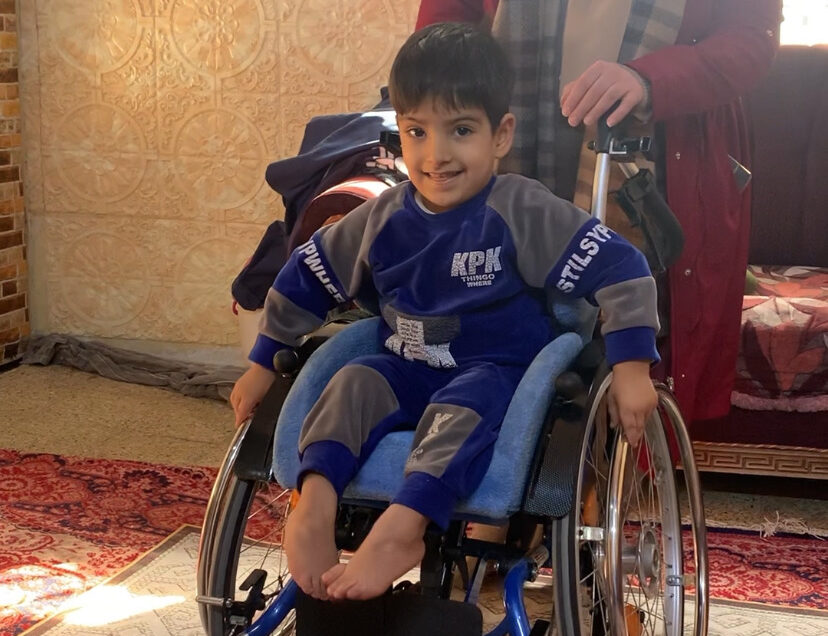
Exploring New Ways of Moving
Yousif, a 4-year-old diagnosed with spina bifida, lay curled up in the corner of the living room floor. The doctors had told his family to give up hope—he was disabled and would remain that way for the rest of his life.
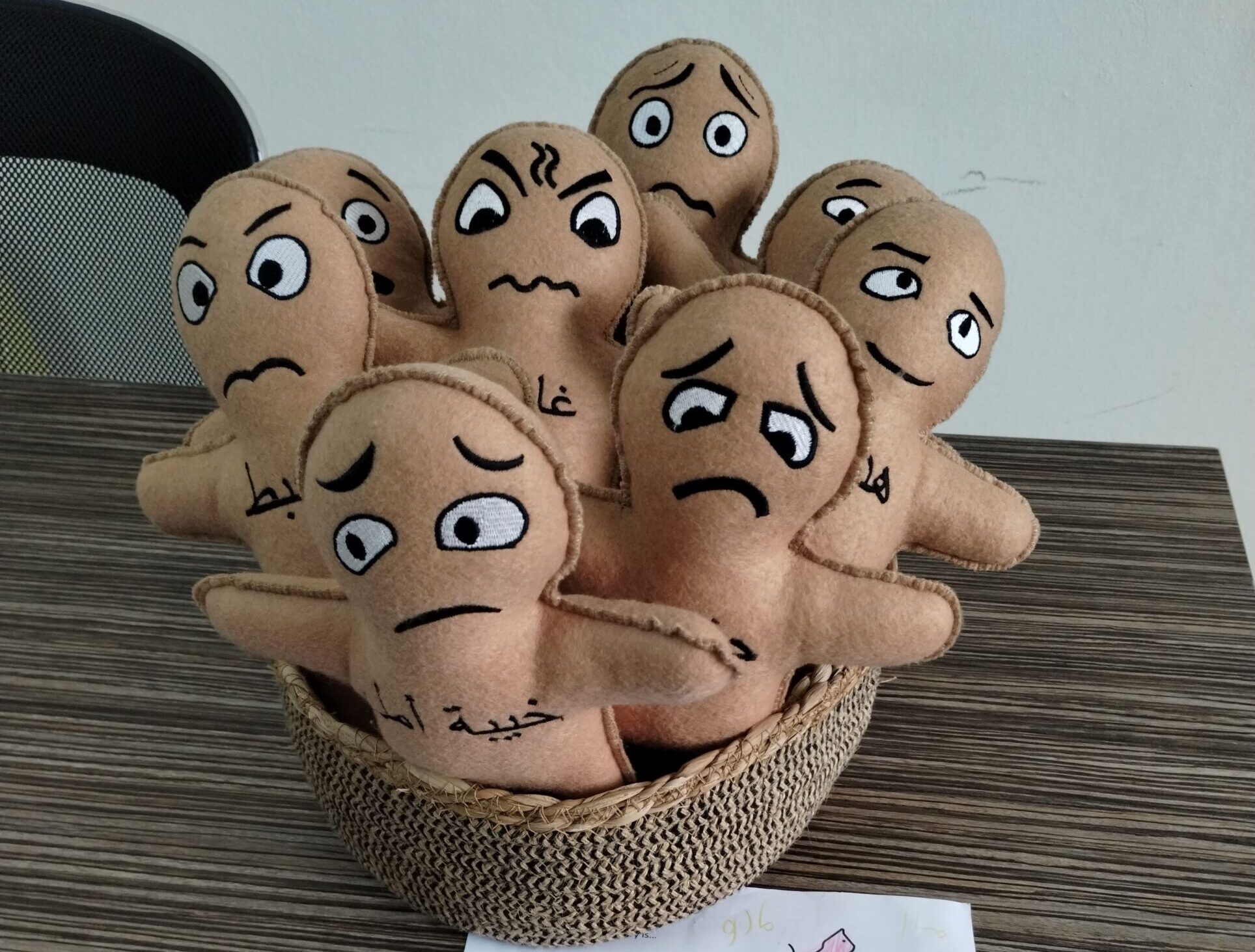
Healing and Growth
During a wedding in a small local village a large fire broke out!
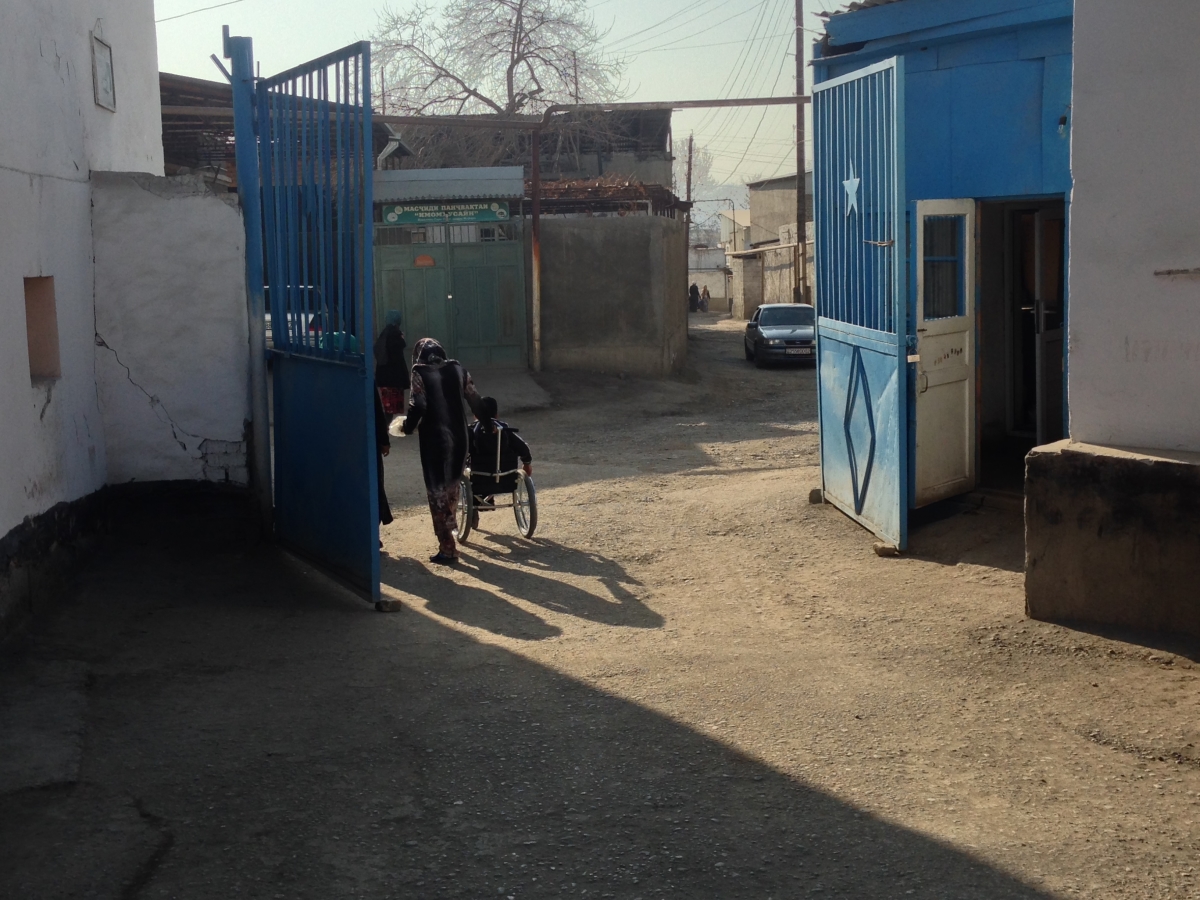
Partnership Opens the Way to School
There are many barriers for a child with disability to access education in Tajikistan. Sometimes this barrier is seen in the attitudes of people that think children with disabilities don’t belong in school or should be kept separate from other children.
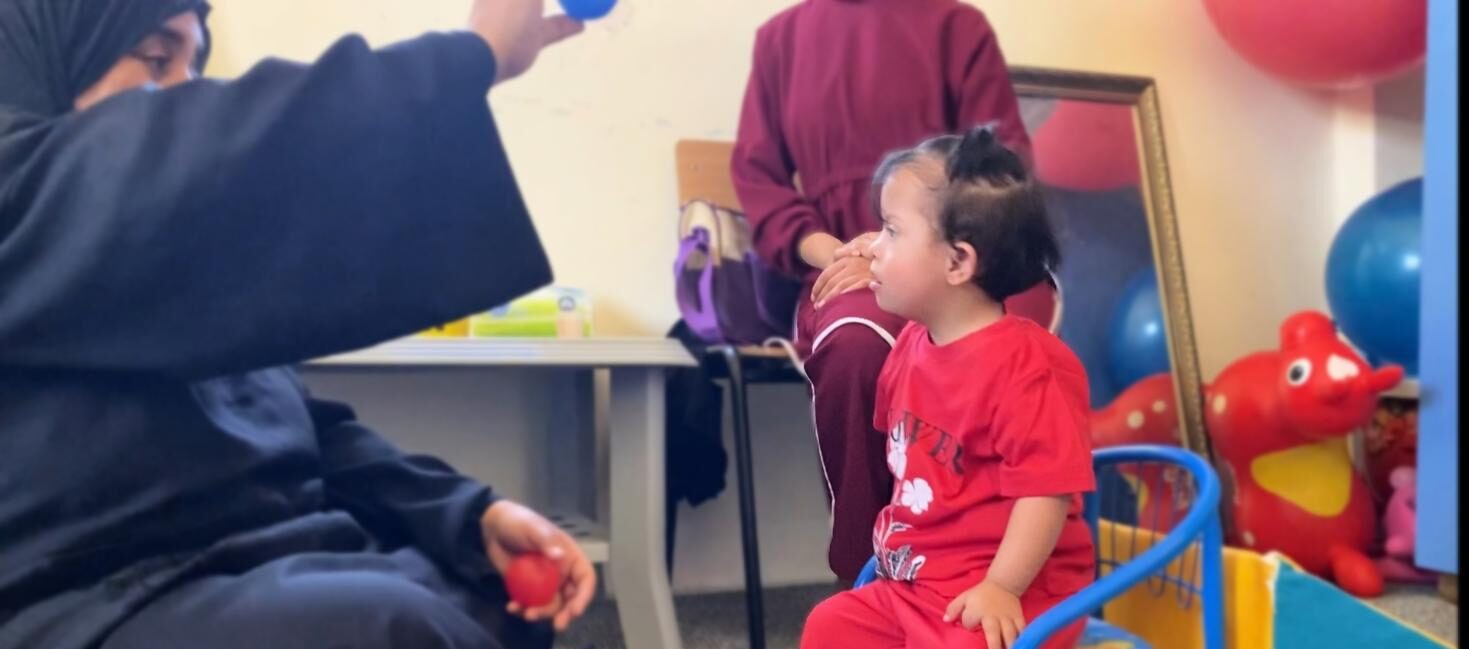
Each Child is Valuable
“I’ve learnt from you that each child is created by God and valuable, and I want to do my best to love and raise her like you would” she said
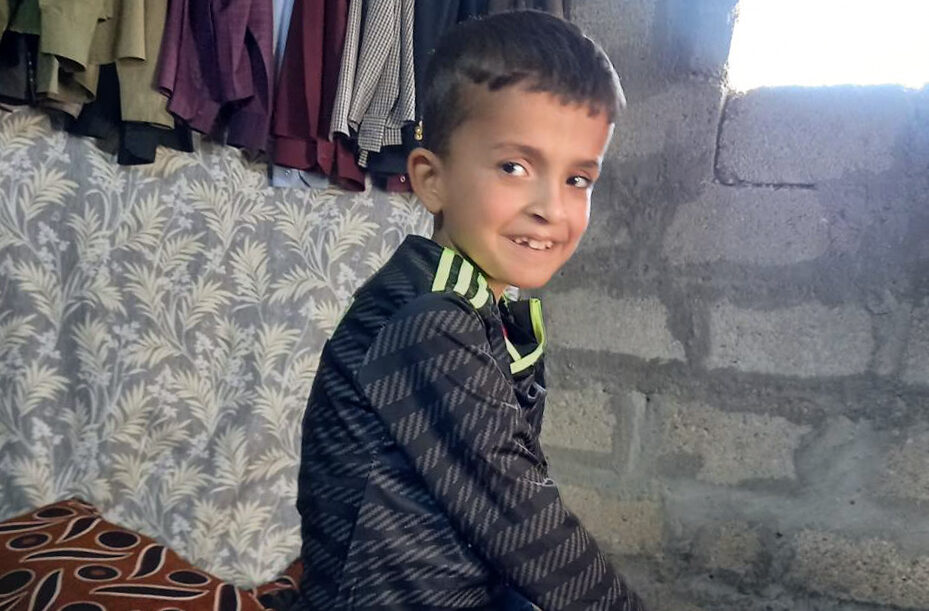
Hope Stored in His Heart
Most of all we sense that Haitham now has hope stored in his heart that he did not have before.
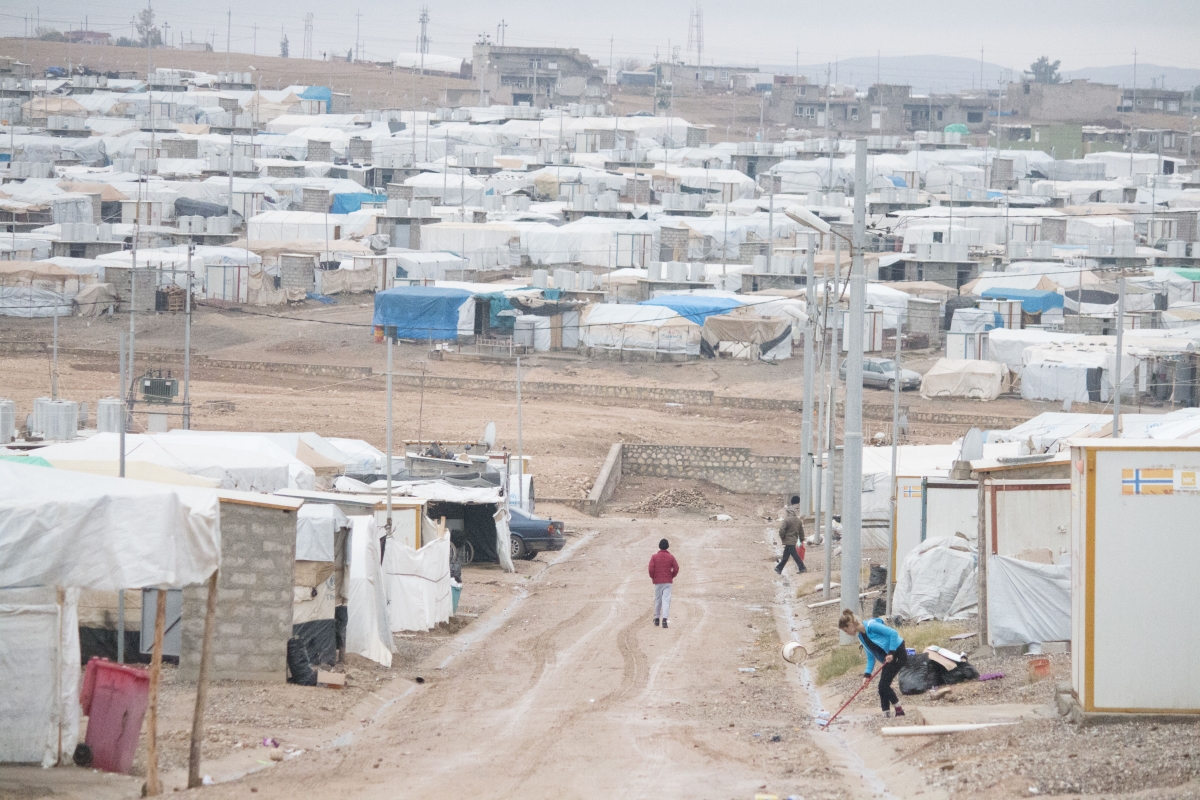
Wheelchair Gives New Hope in Life
The wheelchair has not only contributed to Amir’s improvement physically, but emotionally and psychologically as well.
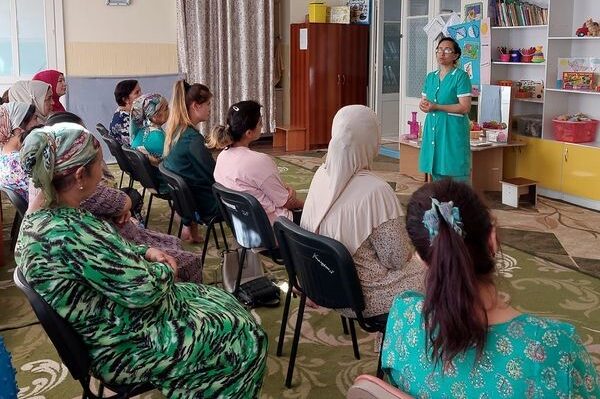
Never too late to learn!
With the support and help from the staff I learnt how to take care of a child with disability.
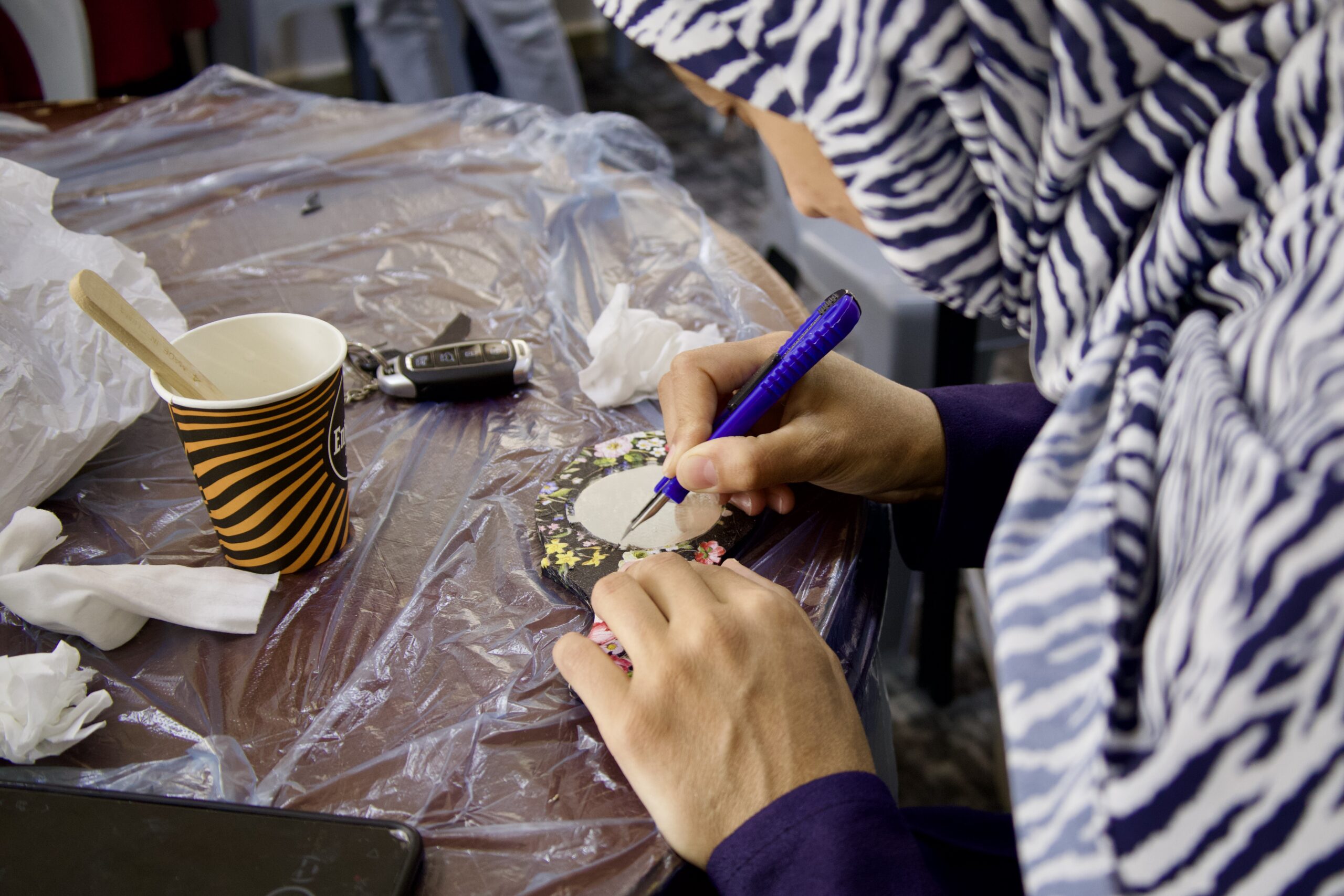
An Event for Mothers
“This is for me?” One of the ladies asked, looking at the beautiful hand-held mirror she just decorated. Her question is perhaps not surprising. For these village women,
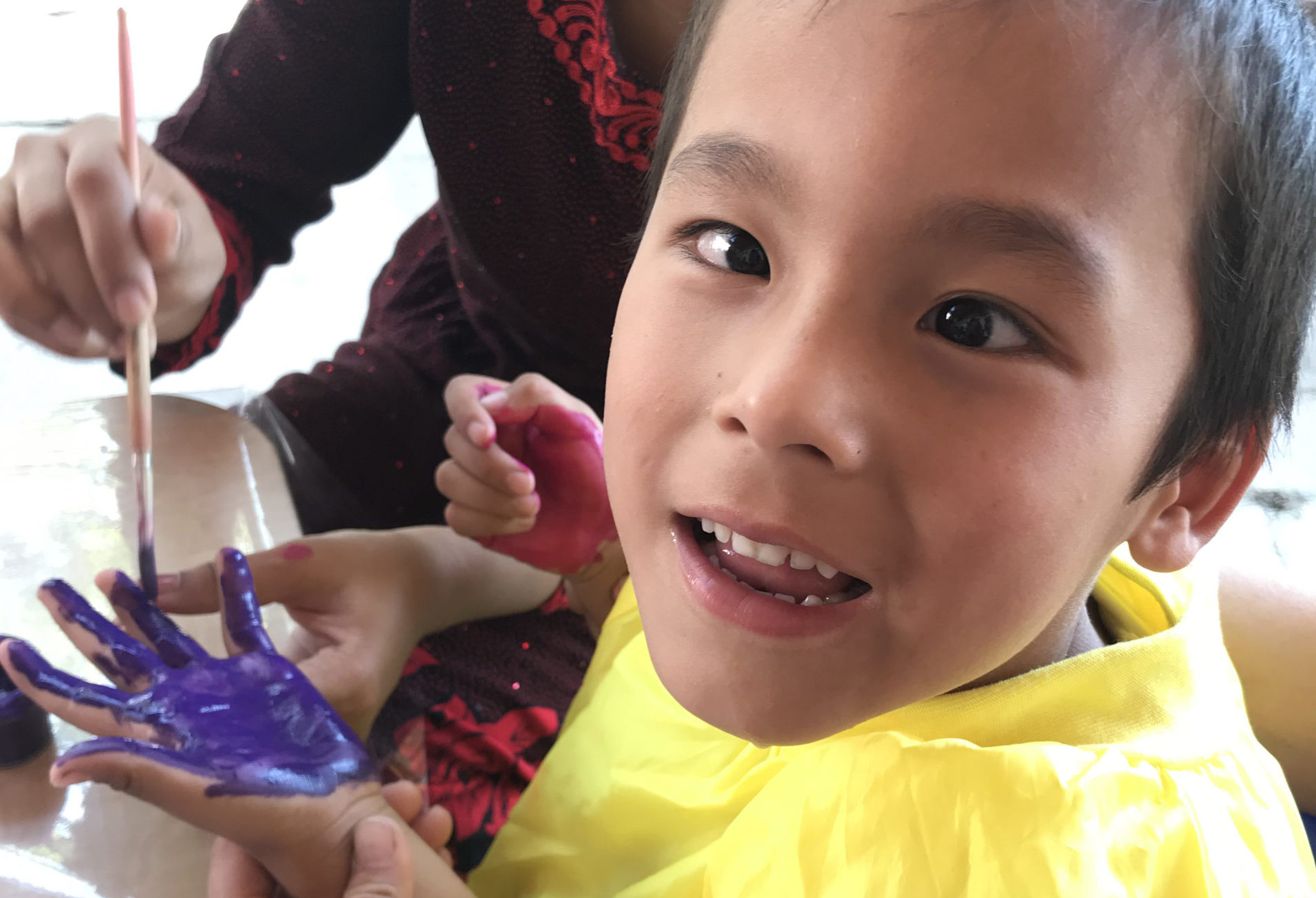
Hope Starts in the Small Things
Most importantly, hope is present for Hamidjon because he has a loving mother, who, through our project, is able to experience support and acceptance, receive counselling and process her grief.
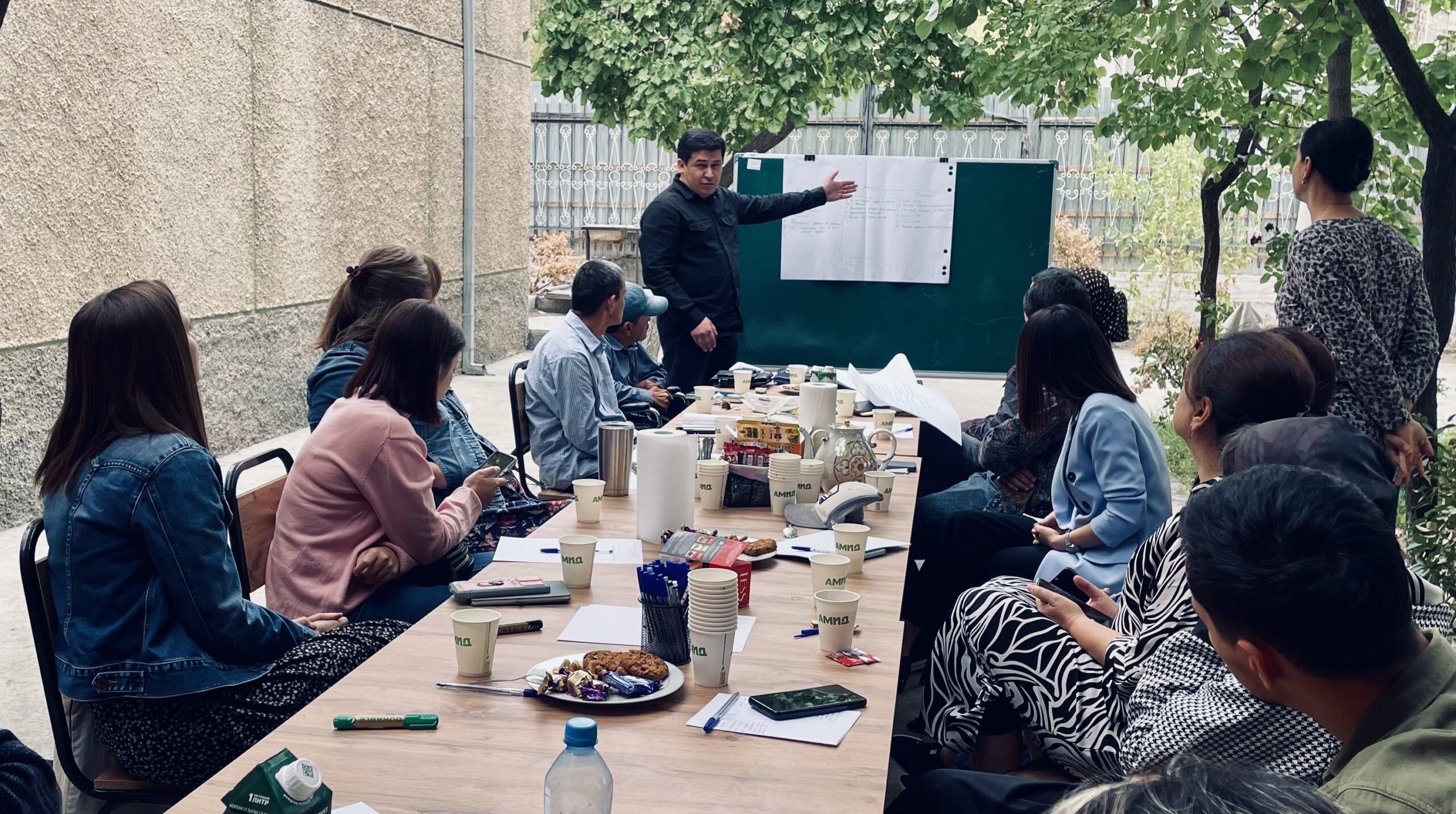
Empowerment and Advocacy
Through the project, Akmal was introduced to a world of possibilities.
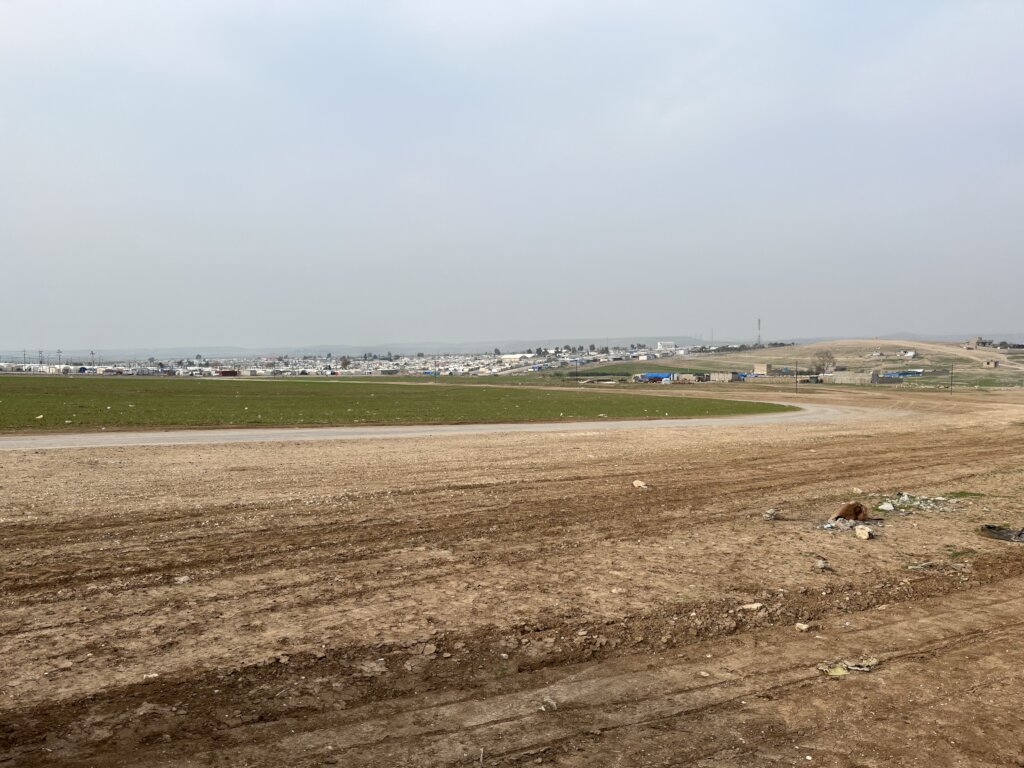
How a Mother’s Life Was Changed
On his own, he began to stand up and to hold himself on the wall.
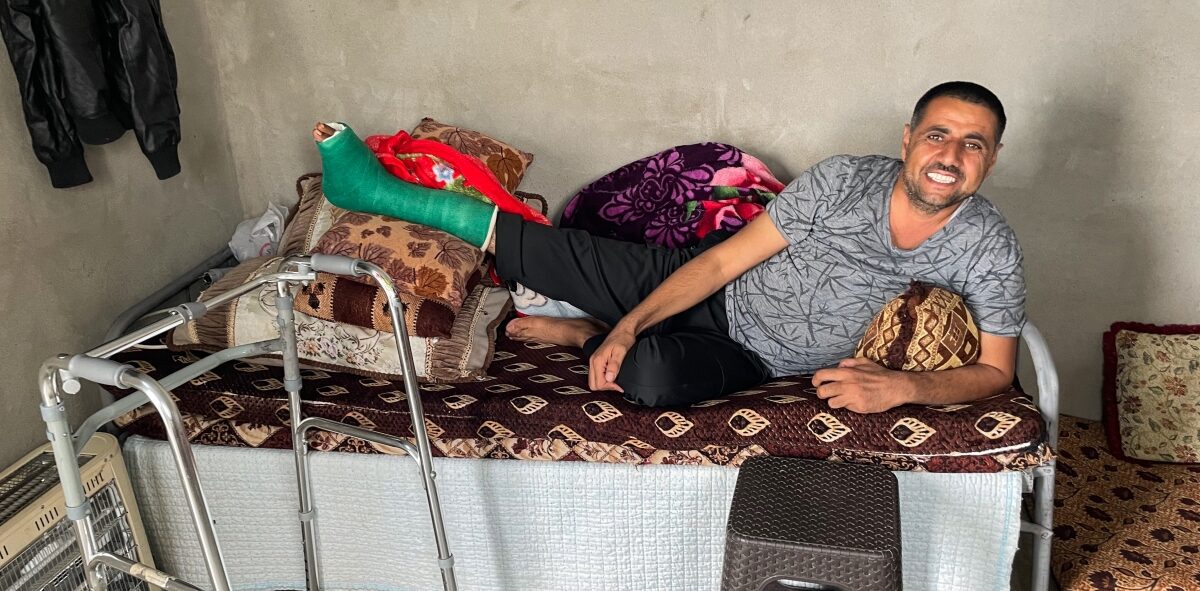
Partnerships for Good
He now has a stable home for him and his family and is walking on his “new” foot.
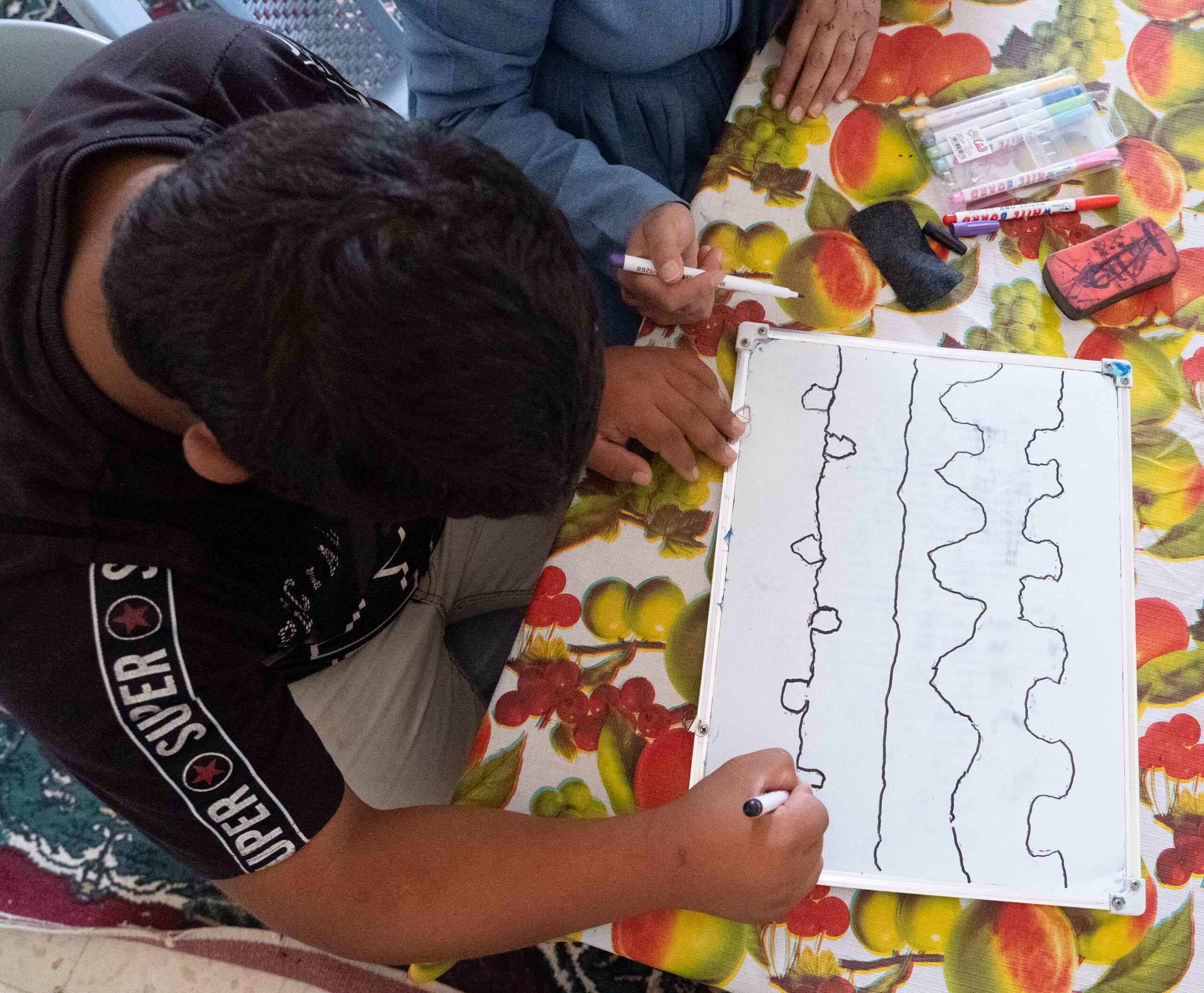
Schooling Requires Cooperation
Adnan loves school. His mother smiles with pride and says to the Operation Mercy team, “Every day he wants to go to school.” Naturally gifted with a friendly and bold personality,
